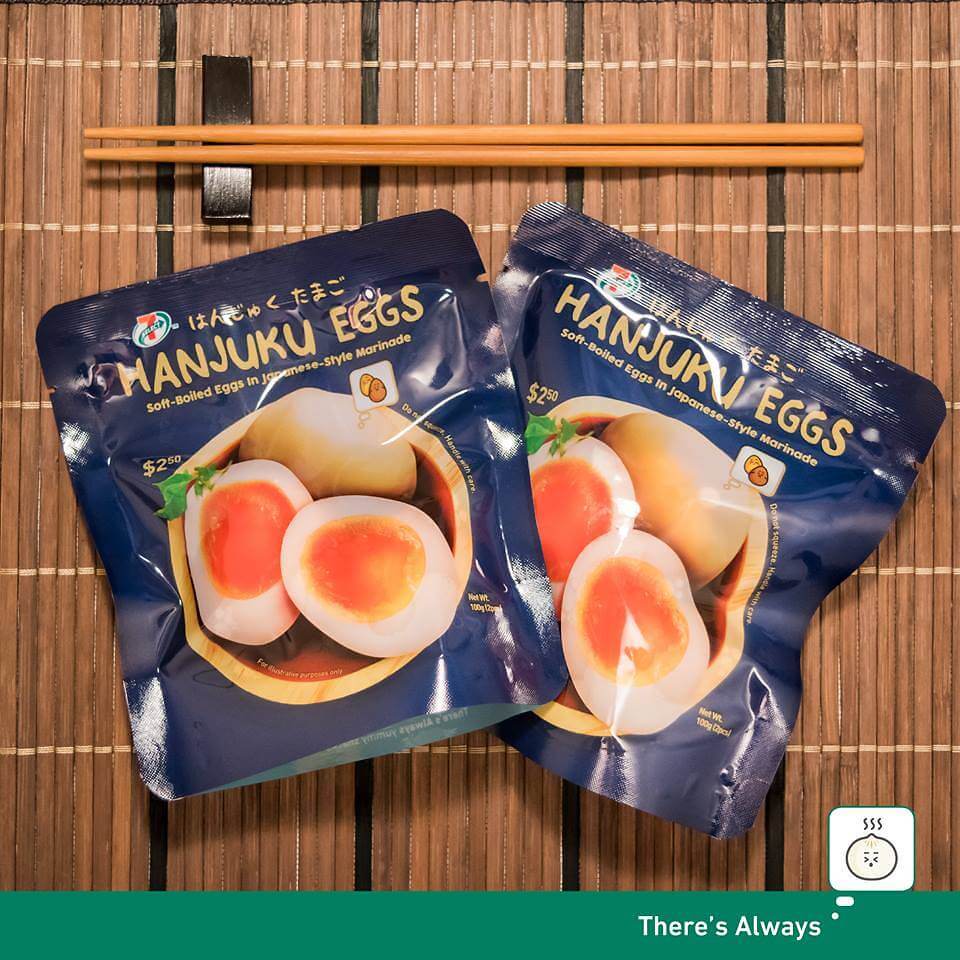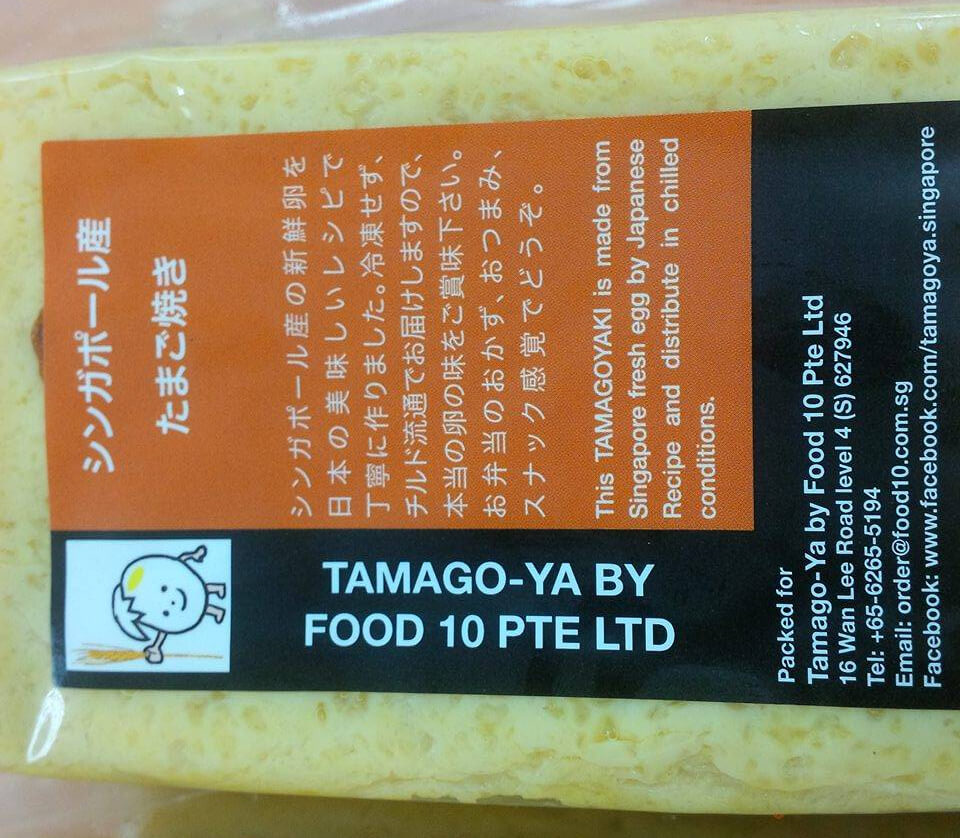
Treating eggs at source is a high-tech affair, especially when on a large scale. Source: Shutterstock
Hi-tech hatches eggs in Singapore
Every time a farming practice is scaled up to industrial levels, risks to human health multiply alongside outputs. On a small scale, what might be a one-off case of food poisoning can quickly multiply to a mass epidemic of illness if a bad batch from a large-scale producer hits the store shelves.
In Singapore, local egg concern N&N Agriculture has long been at the forefront of technology’s use to find new ways of scaling up production while remaining safe – in the case of eggs, Salmonella is a particular risk. N&N agriculture has recently spent S$13 million installing an egg pasteurization facility at its 12-hectare farm.
Pasteurized eggs are, of course, nothing new, but the product tends to be a homogenized slurry which has been treated, rather than being whole eggs. However, the pasteurization process for both types of products is the same: carefully controlled application of heat killing bacteria without necessarily cooking the egg itself.

Hanjuku eggs. Source: 7-Eleven Singapore/Facebook
One product being produced by N&N is called a Hanjuku egg which is commonly seen in Ramen dishes. A whole, shelled egg floats amongst tasty broth and noodles, perfectly cooked; firm on the outside but with a runny yolk.
Until now the particular art of producing perfectly palatable eggs has been down to an individual chef’s skill. But the new technology allows the eggs to be cooked just-so on the farm, on a massive scale.
The eggs to be Hanjuku-ed are cracked open very slightly at one end and are then carried into a container of almost-boiling water held at 97°C. After the perfect cooking time, the eggs are immersed in icy water, which cools them and stops the cooking process quickly.
Any competent chef will be aware of this technique; the key to the technology at the farm is the control of cooking on a massive scale with effectively zero error tolerance.

Tamogoyaki. Source: Food 10/Facebook
Another product is the tamagoyaki, a kind of rolled omelet much favored by the Singaporean Japanese community. Again the technology ensures a perfect cooking process on a large scale.
CEO of N&N agriculture, Ma Chin Chew said:
“I didn’t know if the [Singaporean] market could and would support the [pasteurization] technology, [but] in 2010, my sales were S$12 million, and in 2016, they doubled to S$24 million, so you can see the impact.”
Food outlets familiar to many, like RamenPlay and Ramen Keisuke, use Hanjuku eggs from N&N in their dishes, and the company also supplies 7-Eleven which sells them under its own branding.
READ MORE
- Safer Automation: How Sophic and Firmus Succeeded in Malaysia with MDEC’s Support
- Privilege granted, not gained: Intelligent authorization for enhanced infrastructure productivity
- Low-Code produces the Proof-of-Possibilities
- New Wearables Enable Staff to Work Faster and Safer
- Experts weigh in on Oracle’s departure from adland
